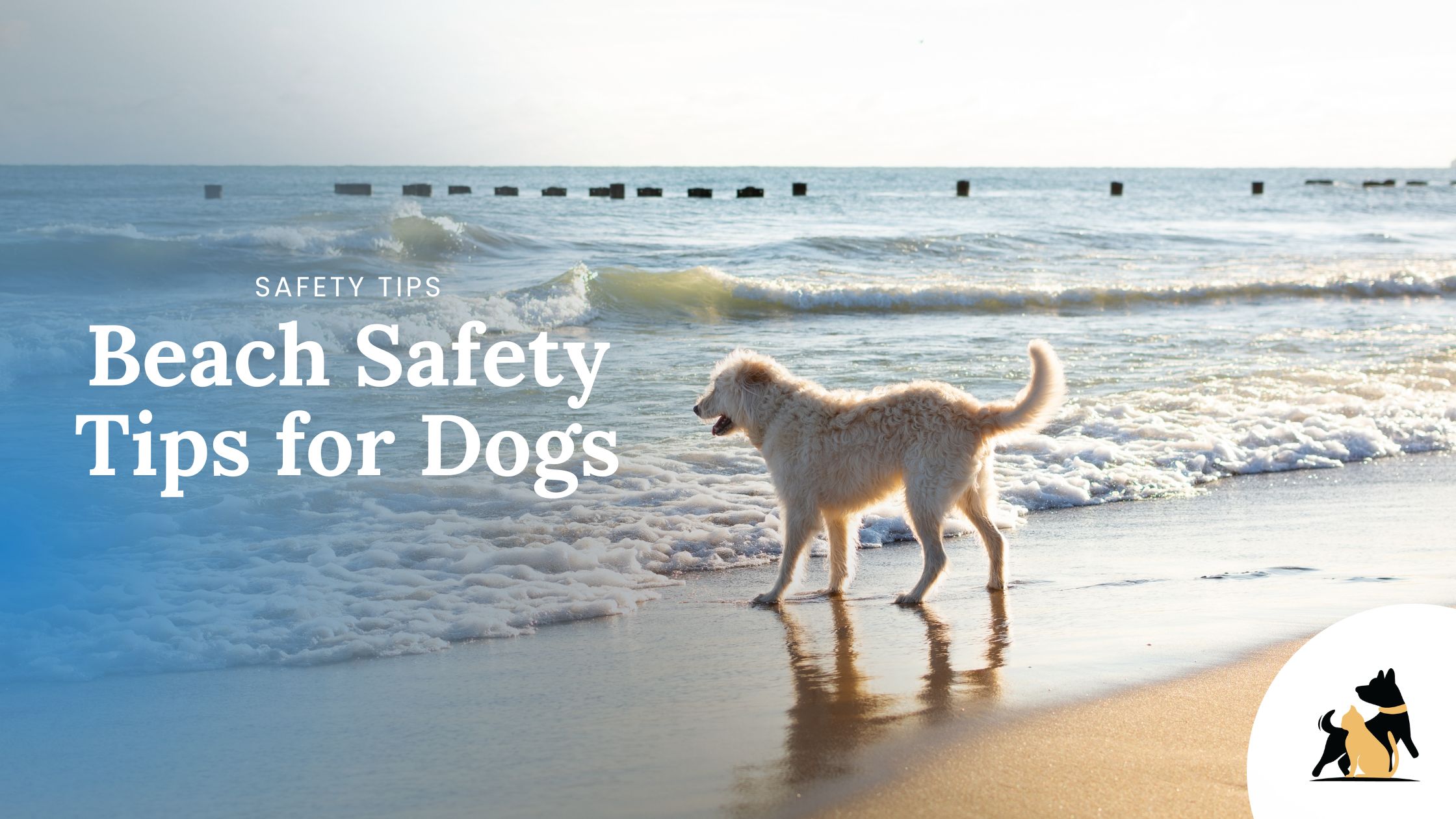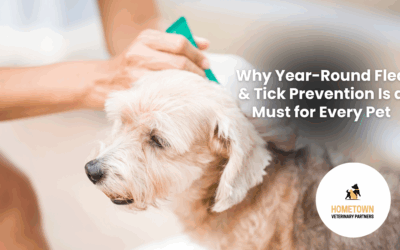Taking your dog to the beach can be a fantastic way to enjoy the outdoors and spend quality time together. However, just like humans, dogs need specific care and precautions to stay safe while having fun in the sun and surf. Here are 10 essential beach safety tips for your dog to ensure a great day by the sea.
1. Check the Beach Rules
Before heading to the beach, make sure dogs are allowed. Many beaches have specific hours or designated areas for dogs. Familiarize yourself with the local regulations to avoid any surprises.
2. Bring Fresh Water
Dogs can easily get dehydrated in the heat. Always bring plenty of fresh water and a portable bowl to keep your dog hydrated. Discourage your dog from drinking seawater, as it can cause stomach upset and dehydration.
3. Provide Shade
Dogs can overheat quickly, especially on hot, sunny days. Bring a beach umbrella or pop-up tent to provide a shaded area where your dog can rest and cool off.
4. Protect Their Paws
The sand can get extremely hot and can burn your dog’s paw pads. Check the sand’s temperature by placing your hand on it for a few seconds. If it’s too hot for you, it’s too hot for your dog. Consider walking your dog during cooler parts of the day and providing a towel or blanket for them to sit on.
5. Watch for Signs of Overheating
Dogs can suffer from heatstroke. Keep an eye out for signs such as excessive panting, drooling, lethargy, and vomiting. If you notice any of these symptoms, move your dog to a shaded area, offer water, and seek veterinary care immediately.
6. Use Pet-Friendly Sunscreen
Dogs can get sunburned, especially those with short hair or light-colored fur. Apply pet-friendly sunscreen to sensitive areas such as the nose, ears, and belly. Avoid using human sunscreen, as some ingredients can be toxic to dogs.
7. Swim Safely
Not all dogs are natural swimmers. Introduce your dog to the water gradually and never leave them unattended. Consider using a doggy life jacket for added safety, especially if your dog is not a strong swimmer or if the water conditions are rough.
8. Rinse Off Salt and Sand
Saltwater and sand can irritate your dog’s skin and paws. After your beach day, rinse your dog thoroughly with fresh water to remove any salt and sand. Pay special attention to their paws and between their toes.
9. Prevent Sand Ingestion
Dogs love to dig and play in the sand, but ingesting too much sand can cause intestinal blockages. Keep an eye on your dog and discourage excessive digging or eating sand.
10. Keep an Eye on Beach Hazards
Be aware of potential beach hazards such as sharp shells, jellyfish, seaweed, and trash that could harm your dog. Keep your dog on a leash if necessary to prevent them from encountering dangerous objects or wildlife.
About Hometown Veterinary Partners
Hometown Veterinary Partners is dedicated to providing compassionate care for your pets. Our team of experienced veterinarians and staff are passionate about animal health and well-being. From routine check-ups to urgent care, we’re here to support you and your pets. Visit us at Hometown Veterinary Partners to learn more and schedule an appointment.
Pet Health Resources
Why Year-Round Flea & Tick Prevention Is a Must for Every Pet
Why Year-Round Flea & Tick Prevention Is a Must for Every Pet Fleas and ticks may be small, but the problems they cause can be huge. These parasites don’t just irritate your pet—they can carry serious diseases, lead to infections, and cause lasting health...
A New Chapter for Best Friends Animal Hospital – Sarasota
A New Chapter for Best Friends Animal Hospital – Sarasota We’re thrilled to announce that Best Friends Animal Hospital in Sarasota is now part of the Hometown Veterinary Partners. This partnership marks the beginning of an exciting new chapter—one grounded in a shared...
Meet Dr. Longtin: Compassionate Veterinary Care Rooted in Experience and Heart
Caring for animals isn’t just what Dr. Longtin does—it’s who she is. With nearly 30 years of experience caring for pets and their people, Dr. Longtin brings a wealth of knowledge, empathy, and a deeply personal approach to every appointment. A proud graduate of the...




